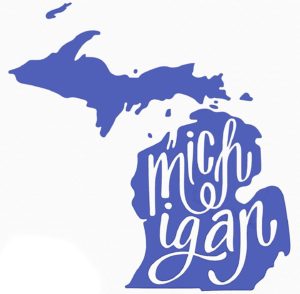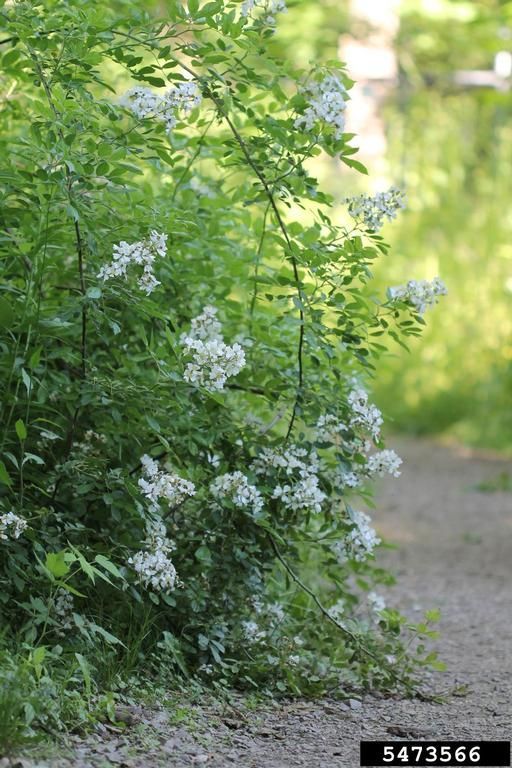OTW Virtual Mi Invasive Species Bingo Game!
MUCC’s On the Water program has launched its Virtual Mi Invasive Species Bingo Game for the month of April! The weather is getting warmer and the sun is starting to peek out a bit more so why not get out in nature just please remember to follow the Stay home. Stay safe. Save lives. guidelines for the State of Michigan you can find them here.
So how do you play Virtual Mi Invasive Species Bingo Game? Below are some easy step by step instructions on how to play!
- Download or print off the Virtual Mi Invasive Species Bingo card here
- Every time you find an invasive species out in nature mark it off on your bingo card
- Take a picture of the invasive species with a time stamp on the picture to prove that you found it in the month of April
- Once you have found all three in a row, submit your bingo card, pictures and home address( where you would like your OTW swag bag to be sent) to Emma Nehan enehan@mucc.org
- If your bingo card is correct you will receive an OTW swag bag!
This Virtual Mi Invasive Species Bingo Game starts on April 7 2020 and goes until May 7 2020. Please remember to follow the Stay home. Stay safe. Save lives. guidelines for the State of Michigan while you are playing this game, you can find the guidelines here
Need some help id’ing Michigan invasive species? Check out the links below to get you started!
The post OTW Virtual Mi Invasive Species Bingo Game! appeared first on Michigan United Conservation Clubs.
Recent Posts



